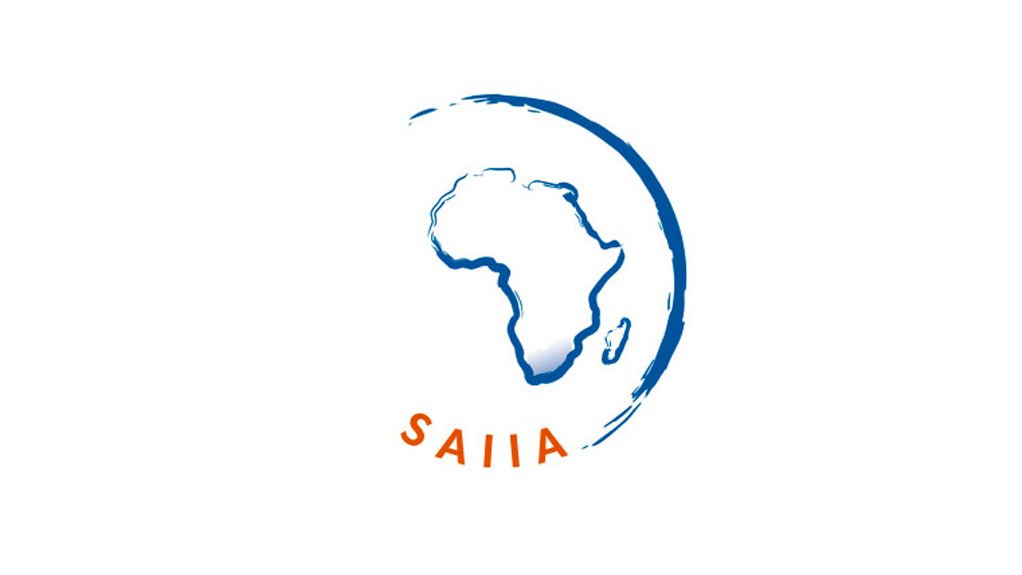The 68th session of the World Health Assembly is being held in Geneva from 18 to 26 of May. The focus for this year’s Assembly is ‘Ebola: Ending the current outbreak, strengthening global preparedness and ensuring the World Health Organisation’s (WHO) capacity to prepare for and respond to future large-scale outbreaks and emergencies with health consequences,’ and ‘Health in the post-2015 development agenda’.
What is missing from the agenda is whether and how regional health governance in Africa can be strengthened to enable the WHO to prepare for and respond to future large-scale outbreaks.
The argument for strengthening regional health governance is evident in the work achieved by the Union of South American Nations/South American Institute of Governance in Health and the South East Asian Regional Office. Regional health governance in these two regions focuses very much on collaborative governance between states on key health issues, including HIV/AIDS, Chagas, malaria and regional support for regulation of medicines and development of healthcare systems in both regions.
The situation in sub-Saharan African is relatively different.
Considering the size of the continent, the proliferation of disease and poor established healthcare infrastructure, the path of communicable diseases is more deadly and difficult to control. This is evidenced by the Ebola outbreak in 2014 and the proliferation of HIV/AIDS on the continent. Regional organisations in West, East and Southern Africa, despite having established presences, are heavily reliant on the intervention of donors in assisting to curb the spread of disease, develop adequate healthcare systems and horizontal approaches to tackling communicable and non-communicable diseases in each region.
The reason for this could be a different understanding of regionalism and regional health governance in sub-Saharan Africa. The role of regional organisations differs from that of the South American and South East Asian equivalents. The focus of regionalism in sub-Saharan Africa is very much on regional integration, development and the creation of monetary unions to promote economic improvement. As such, the dedicated health arms are not developed as regional health governance bodies.
Using the example of the Southern African Development Community (SADC) as a specific example, there is a dedicated policy directorate for social development. There is no specific regional health body that is concerned with regional governance and control of communicable and non-communicable diseases. However, the SADC Secretariat has had successes in developing cross-border health initiatives for malaria and HIV/AIDS. Although the focus of controlling disease is at a national level, there is a means of regional involvement, although not direction. The same goes for the Economic Community of West African States (ECOWAS) and the East African Community (EAC).
The focus at the World Health Assembly is still very much a vertical approach to controlling disease and support for development goals. A beneficial addition to this discussion could be whether renewed focus on the creation of regional health governance bodies, or that sub-Saharan regions take the lead in healthcare development, as opposed to a national-regional bottom up approach, has the potential to benefit disease control in each region. The regional successes are underplayed by the role that donors play and the involvement of the WHO regional bodies, multilaterals and major organisations including the Bill and Melinda Gates Foundation and the Clinton Health Access Initiative.
The imbalance of political power in sub-Saharan Africa is also perhaps a dominant factor in hindering the growth of regional governance in the continent. Additionally, the ambiguous role played by the African Union (AU), and its positioning against SADC, ECOWAS and the EAC, creates confusion as to whether the AU is a regional body or continental body responsible for co-ordinating regional health response collaboratively with each regional organisation. The weight of power carried by countries such as Nigeria, South Africa and Kenya often creates a regional imbalance as these countries often carry the weight of funding in each region, or can create problems in how policy is developed.
As the highest decision-making body for global and regional health, the WHO World Health Assembly should consider elevating the status of regional health organisations in Sub-Saharan Africa and consider providing increased technical assistance for strengthened horizontal healthcare systems, at the same time as providing expertise for the region to enable regional health bodies to manage communicable disease outbreaks and provide support for non-communicable diseases. This would address both the key themes of the Assembly.
Considering Ebola’s prevalence in West Africa and the need for renewed focus on health in the post-2015 development agenda, these issues are extremely pertinent and must be a priority for the meeting of the Assembly.
Written by Erica Penfold, Researcher/Project coordinator at the Poverty Reduction and Regional Integration project at SAIIA.
EMAIL THIS ARTICLE SAVE THIS ARTICLE
To subscribe email subscriptions@creamermedia.co.za or click here
To advertise email advertising@creamermedia.co.za or click here











